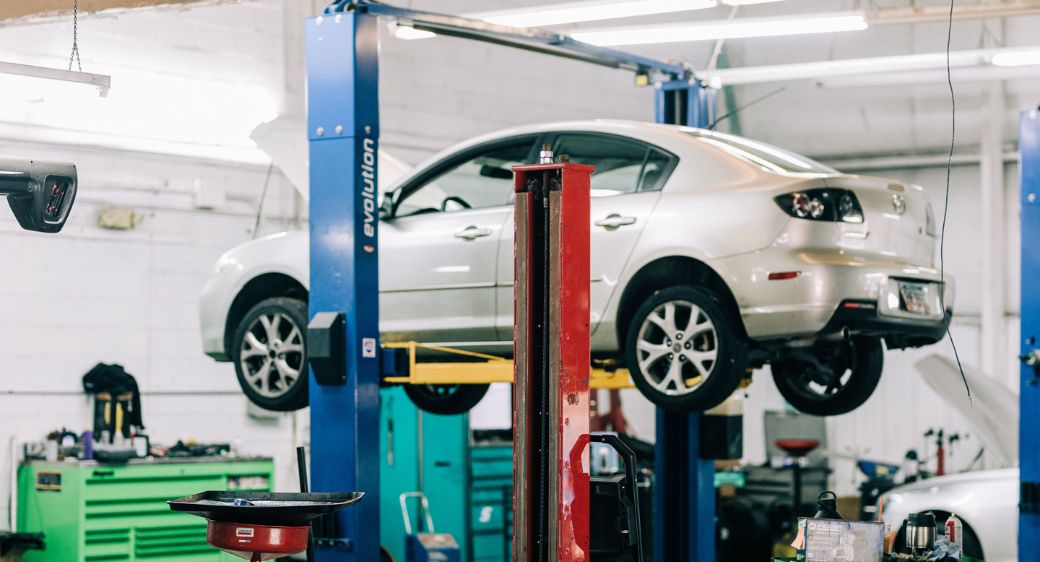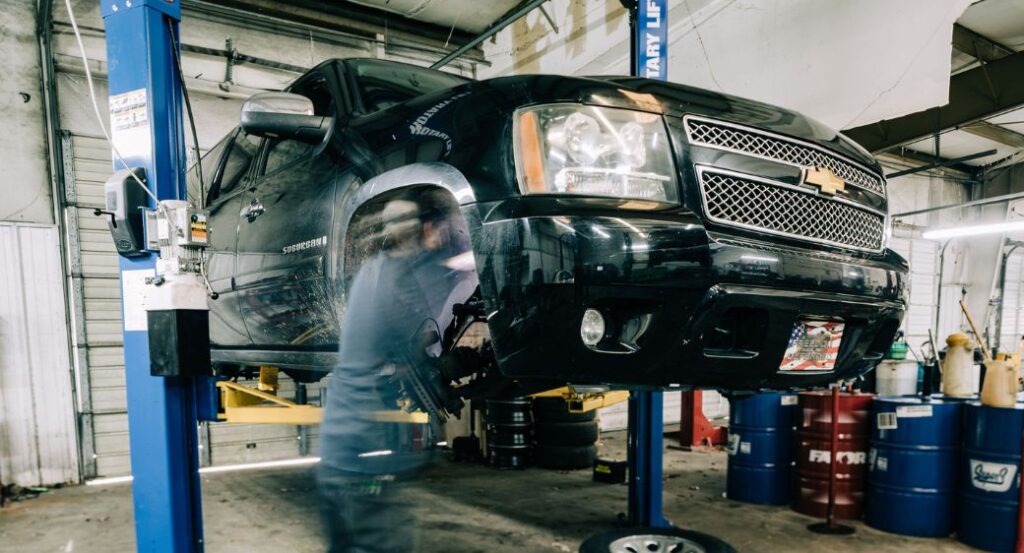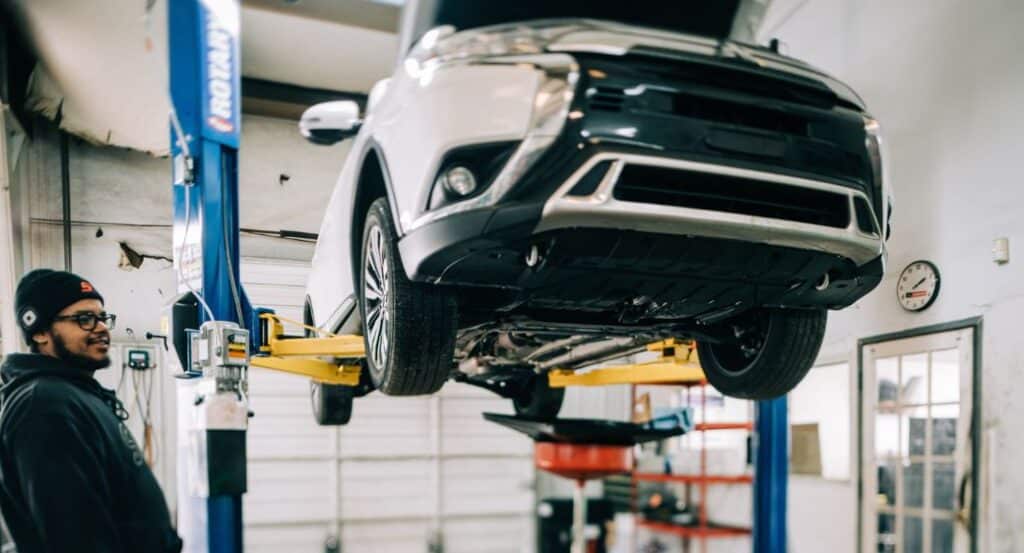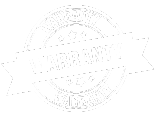Leveling Kit vs Lift Kit: Pros & Cons

Sharing this:
If you're an off-road enthusiast or are looking to enhance your vehicle's appearance and performance, you've likely considered the pros and cons of suspension lifting vs. leveling. This topic is crucial for anyone looking to modify their vehicle, and understanding the benefits and drawbacks of each can make all the difference. In this blog post, we'll break down the differences between the two to help you make an informed decision.
Suspension Lifting
Why Modify Your Suspension?
Before we dig into the specifics, let's address why you might want to modify your vehicle's suspension in the first place. Suspension modifications can improve your vehicle's off-road capabilities, enhance its appearance, and even boost its resale value. But the choices can be overwhelming. Should you go for a suspension lift or just a leveling kit? The answer depends on your needs, lifestyle, and budget.
What Is Suspension Lifting?
Suspension lifting involves raising the entire vehicle's height by modifying its suspension system. This method increases ground clearance, allowing for larger tires and better performance on rugged terrains. Many off-road enthusiasts prefer suspension lifts for this very reason.
Benefits of Suspension Lifting
One of the most significant benefits of suspension lifting is enhanced off-road capability. The increased ground clearance allows your vehicle to tackle rough terrains with ease. Additionally, a lifted vehicle can accommodate larger tires, further improving traction and performance.
Suspension lifting also gives your vehicle a more aggressive and imposing appearance. If you want to make a statement, lifting your suspension can help you achieve that.
Lastly, a well-executed suspension lift can increase your vehicle's resale value. Buyers often look for vehicles that have been modified for better performance, making a lifted vehicle more appealing.
Drawbacks of Suspension Lifting
While suspension lifting offers numerous benefits, it also has its drawbacks. First and foremost, it can be expensive. The lift kit's cost, installation, and potential modifications to other parts can add up quickly.
Another downside is the potential for a rougher ride. Lifting your vehicle can alter its center of gravity, making it less stable and more prone to tipping. This can be a significant safety concern, especially if you frequently drive on highways or in city traffic.
Lastly, a lifted suspension can strain your vehicle's components, such as the steering system and suspension. This can lead to increased wear and tear, requiring frequent maintenance and repairs.

Leveling
What Is a Leveling Kit?
On the other hand, a leveling kit is designed to raise the front of your vehicle to match the height of the rear. Many trucks and SUVs come from the factory with a slight front-end rake, meaning the rear sits higher than the front. A leveling kit corrects this imbalance, giving your vehicle a more level stance.
Benefits of a Leveling Kit
One of the primary benefits of a leveling kit is improved appearance. By raising the front of your vehicle, you achieve a more balanced and aesthetically pleasing look. This simple modification can significantly affect your vehicle's overall appearance.
Leveling kits are also more affordable than suspension lifts. They require fewer modifications and are generally easier to install, making them a cost-effective option for those looking to improve their vehicle’s stance without breaking the bank.
Finally, a leveling kit lets you fit slightly larger tires on your vehicle, improving traction and performance without needing a full suspension lift.
Drawbacks of a Leveling Kit
While leveling kits are more affordable and easier to install, they have limitations. For starters, they do not provide the same level of ground clearance as suspension lifts. If off-roading is your priority, a leveling kit may not be sufficient.
Another drawback is that a leveling kit does not address other aspects of your vehicle’s suspension. Unlike a full suspension lift, a leveling kit does not improve overall suspension performance and may not be suitable for heavy-duty off-road use.
Choosing Between Suspension Lifting and Leveling
Now that we've explored the suspension lifting vs. leveling pros and cons, how do you decide which option is right for you? The answer depends on your specific needs and preferences. If you prioritize off-road performance and are willing to invest in a more comprehensive modification, suspension lifting is likely the better option. On the other hand, if you’re looking for a cost-effective way to improve your vehicle’s appearance and stance without significant modifications, a leveling kit may be the way to go.
Impact on Vehicle Handling
When choosing between suspension lifting and leveling, one critical factor is the impact on your vehicle's handling. Lifting your vehicle significantly alters its center of gravity, affecting stability and maneuverability. This can be particularly noticeable when driving at high speeds or taking sharp turns.
A leveling kit has minimal impact on your vehicle's handling. Raising only the car's front, the center of gravity remains relatively unchanged, resulting in a more stable and predictable driving experience.
Maintenance Considerations
Suspension lifts and leveling kits require maintenance to ensure optimal performance and longevity. However, suspension lifts generally demand more frequent and intensive maintenance due to the increased strain on your vehicle's components. Regular inspections and adjustments are essential to prevent uneven tire wear and alignment problems.
In contrast, leveling kits typically require less maintenance. Once installed, they generally need fewer adjustments and have a lower risk of causing wear and tear on your vehicle's components.

Cost and Installation
The cost and complexity of installation are crucial factors to consider when deciding between suspension lifting and leveling. Suspension lifts are generally more expensive and require professional installation, which can add to the overall cost. Additionally, suspension lifts may necessitate modifications to other parts of your vehicle, further increasing the expense.
On the other hand, leveling kits are more affordable and often simpler to install. While professional installation is recommended, experienced DIY enthusiasts can install many leveling kits, making them a more budget-friendly option.
Legal and Warranty Considerations
Before modifying your vehicle's suspension, it's essential to consider the legal and warranty implications. Suspension lifts, in particular, may affect your vehicle's compliance with local laws and regulations. It’s crucial to check with your local authorities to ensure that your modifications are legal and do not void your warranty.
Leveling kits, being less invasive, generally have fewer legal and warranty concerns. However, verifying that your modifications comply with local regulations and do not void your vehicle's warranty is still important.
Effects on Fuel Efficiency
Another factor to consider when choosing between suspension lifting and leveling is the impact on your vehicle's fuel efficiency. Lifting your vehicle can increase aerodynamic drag, leading to reduced fuel efficiency. This is especially true if you install larger, heavier tires as part of your suspension lift.
In contrast, leveling kits have a minimal impact on fuel efficiency. By making only minor adjustments to your vehicle’s stance, you can enjoy the benefits of improved appearance and tire clearance without significantly affecting your fuel economy.
Conclusion
There is no one-size-fits-all answer when considering the pros and cons of suspension lifting vs. leveling. Your choice ultimately depends on your specific needs, preferences, and budget. By carefully considering the benefits and drawbacks of each option, you can make an informed decision that best suits your needs. Remember, our expert team at BRF Auto Chamblee is here to assist you with all your suspension modification needs, from installation to ongoing maintenance. Contact us today to learn more about our steering and suspension service and start your journey toward a better-performing, better-looking vehicle.



